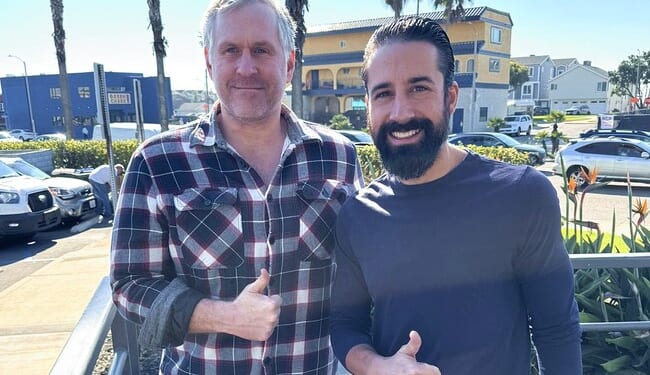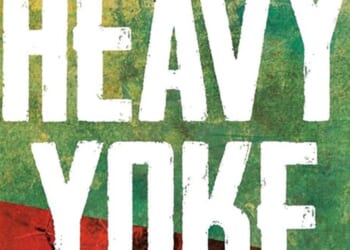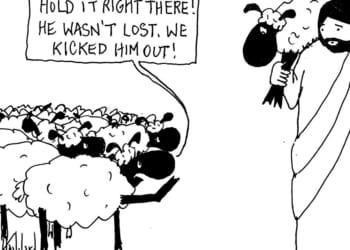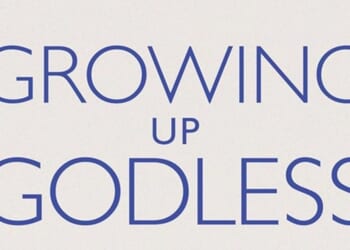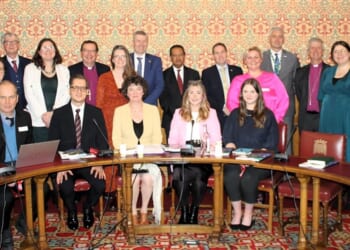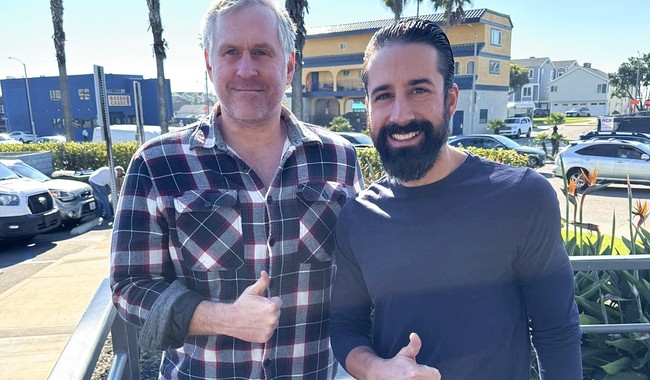
A decade ago, Huntington Beach High School’s (HBHS) Environmental Sustainability & Social Responsibility class proposed selling the fruits and vegetables they grew on campus to their own school district. It sounded like a California success story in the making: local produce, local students, local jobs.
The idea did not move forward, yet something more important had already taken root.
A Vision Planted in the Soil
In 2010, teacher Greg Goran launched a sustainability program at HBHS, combining aquaponics, composting, and hands-on science education. By 2013, students were harvesting vegetables, raising fish in aquaponics tanks, tending compost, and learning how nutrient cycles connect plants, animals, and humans.
The farm became a small-scale model of circular sustainability, where even the smallest scraps were composted or fed to fish.
Through a partnership with local restaurateur and celebrity chef Andrew Gruel, now a Huntington Beach City Councilman, students began selling produce to his Slapfish restaurants. The modest revenue gave them a tangible sense of accomplishment, and they were thrilled to see their work appear in professional dishes like fish of the day, vegetable tacos, and shrimp with braised chard.
The students even began to think like entrepreneurs, and they proposed selling the farm’s produce and fish to the Huntington Beach Union High School District, keeping the revenue and learning experience within the community.
Although that idea did not advance, the spirit of innovation continued to take root.
The Roots Keep Growing
What began as a single class has grown into a thriving program lasting more than a decade under Goran’s leadership. The farm has expanded in both scope and sophistication, offering hands-on learning while fostering sustainability and environmental awareness.
In 2023, the program engaged the broader community with events including a fundraiser at a local restaurant and a bustling on-campus marketplace selling student-grown plants, seedlings, succulents, and flowers. These events demonstrated how far the initiative had come and how deeply it immersed students in practical science, sustainability, and entrepreneurial thinking.
By January 2025, Slick Magazine (a student publication) profiled the program’s evolution into a Career and Technical Education (CTE) pathway in Sustainable Agriculture and Natural Resources, which includes courses such as Biology and Sustainable Agriculture and Advanced Farm to Fork.
Sarah Hatfield, the Sustainable Agriculture teacher, explained that the ‘Farm to Fork’ class is “a lot more project-based and hands-on, so it’s a little bit more engaging than just reading a textbook and memorization.” She added,
“We do think more big picture than some of the more narrower classes, so the [classes] can be a little bit harder for those students because they have to think outside the box.”
The endurance of the program reflects the same hands-on, solutions-driven ethos that Gruel has brought from his kitchens to City Hall. Focus on building lasting solutions, empower others to learn and contribute, and let meaningful work endure regardless of the obstacles.
From Classroom to Council Chamber
In 2024, Gruel was appointed to the Huntington Beach City Council, carrying forward the results-focused mindset he had applied at HBHS.
Earlier this year, he advocated for a community garden and aquaculture initiative on a nearly 12-acre city-owned parcel. The proposal centered on the same multi-trophic aquaculture principles applied at HBHS a decade ago, where nitrogen from fish effluent fertilizes vegetables and veggie scraps feed the fish, creating a self-sustaining ecosystem.
The city council directed staff to explore the project, a pilot program providing gardening opportunities for residents while promoting engagement and sustainability. Social media reflected broad public interest, highlighting the initiative’s educational, environmental, and civic benefits.
As a Huntington Beach Councilman, I’m thrilled to announce a new community garden project. This space will bring neighbors together, growing fresh produce while boosting our local environment and economy. By planting native species, utilizing aquaculture and composting, we’ll… pic.twitter.com/2lZJBSk1Do
— Chef Andrew Gruel (@ChefGruel) July 11, 2025
But not everyone welcomed the initiative. On July 10, the Surf City Sentinel posted on Facebook, urging residents to watch the council agenda closely, asserting the initiative was “100% Andrew Gruel” and raising potential conflicts of interest, asking whether any farm output could benefit Gruel’s Calico Fish House. The Sentinel noted a similar aquaculture operation at HBHS in 2014, the one Gruel partnered with.
A concept once praised as forward thinking was now being viewed with added scrutiny. Gruel addressed the criticism on social media, clarifying that none of the fish from the high school program was ever used at Slapfish and that “none of the product provided in this project would be available commercially.”
He noted that a full year’s harvest would only produce enough seafood for “two restaurant services,” emphasizing that the initiative was designed as a community benefit rather than a commercial enterprise.
Builders Over Bureaucrats
Gruel’s journey from partnering with high school students to shaping citywide sustainability policy should be the kind of story Californians celebrate. Instead, it highlights how innovation can be viewed with suspicion or treated as something out of the ordinary.
Gruel’s critics see a conflict of interest. His supporters see a conflict of values – between those invested in maintaining the status quo and those willing to build meaningful solutions. This is the quintessential California paradox: people who know how to get things done are often accused of stepping out of line.
Meanwhile, the sustainability program at HBHS, under Greg Goran’s leadership, has grown into a living model of applied learning and civic impact. It demonstrates what happens when people are empowered rather than obstructed. Students gain science, stewardship, and self-reliance through real-world experience.
Every era needs builders, people willing to take risks, get their hands dirty, and turn ideas into progress. Gruel is that kind of leader in the kitchen, the classroom, and now at City Hall. He looks at an empty lot and sees a farm rather than a permit problem. His community garden and aquaculture initiative show that public projects can educate, sustain, and unite people while producing tangible results.
If California communities want to strengthen local resilience and make food more affordable, they can start by supporting the teachers, students, and local innovators already demonstrating what is possible. Small-scale agriculture and aquaculture programs show how real-world learning and modest community investment can produce measurable benefits.
Expanding these models gives residents a way to grow a portion of their own food, provides students with meaningful CTE experience, and helps cities build sustainable, community-driven solutions that endure.
EDITOR’S NOTE: The mainstream media continues to deflect, gaslight, spin, and lie about President Trump, his administration, and conservatives.
Help us continue to expose their left-wing bias by reading news you can trust. Join RedState VIP and use promo code FIGHT to get 60% off your membership.

